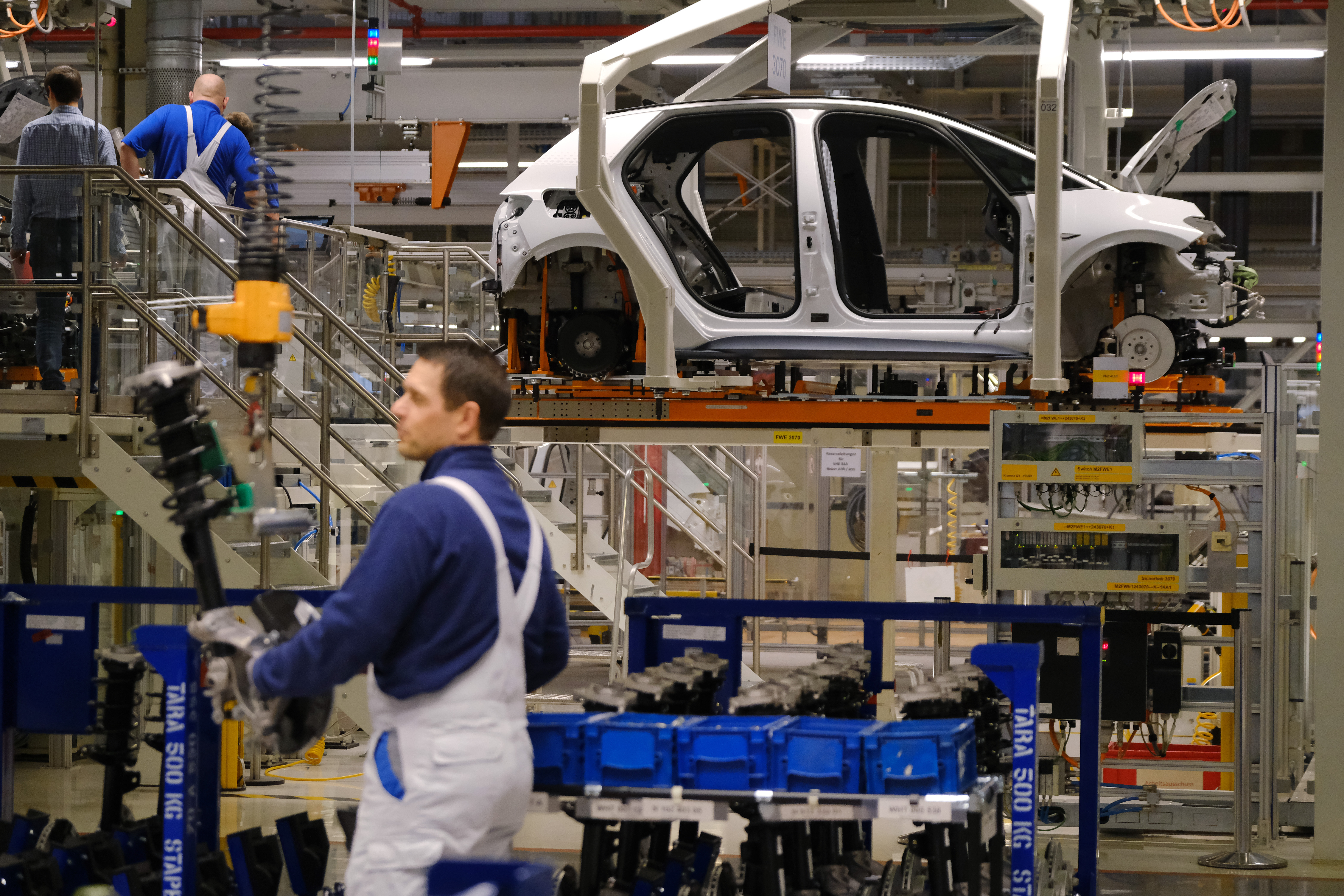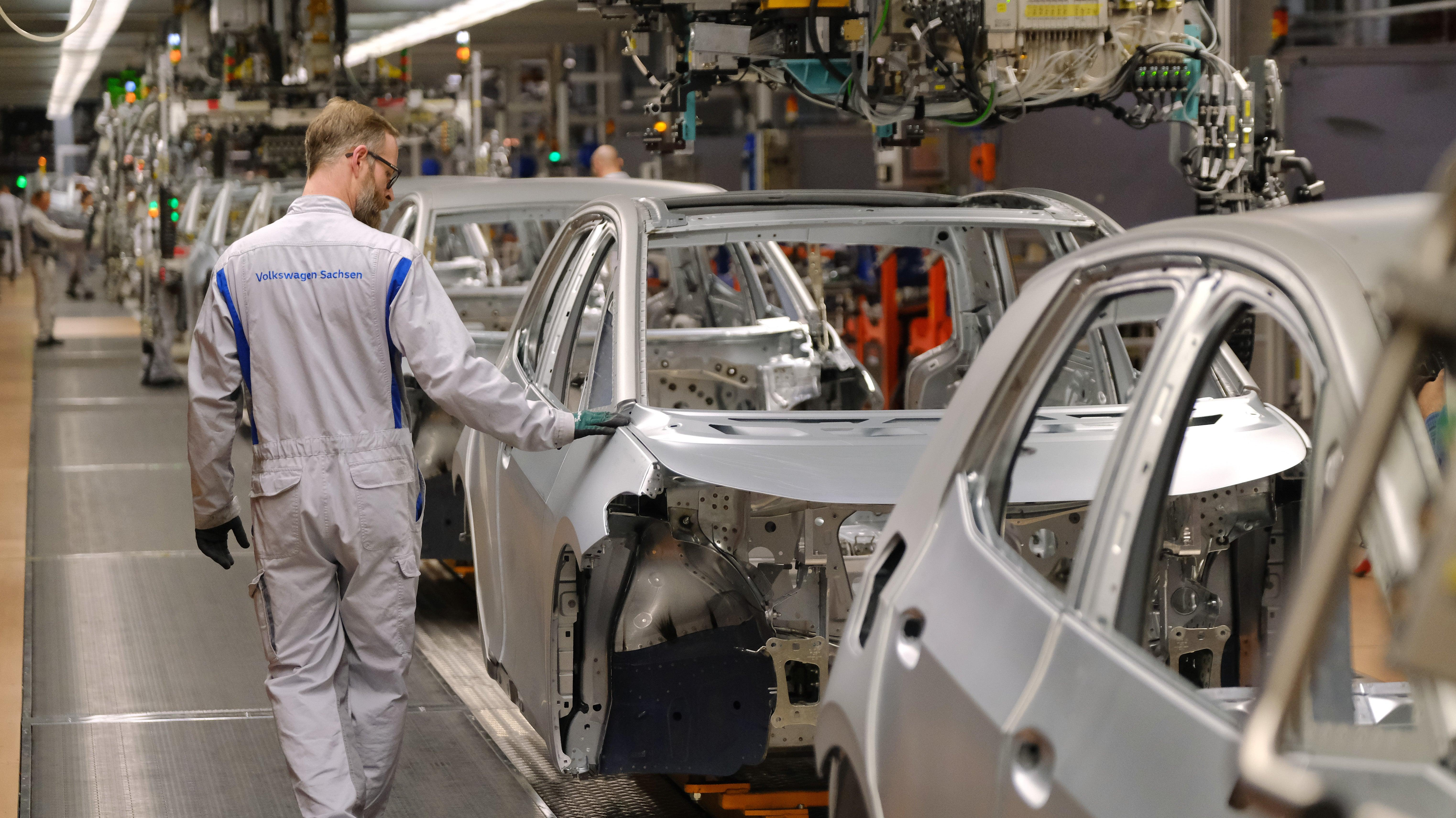Volkswagen Is Stocking Up On Glass For Fears Of A Near-Future Shortage
Concerns about gas rationing in Europe have led the automaker to start hoarding windows.
As the war in Ukraine wears on, it's affecting more and more parts of global supply chains. Oil and gas prices have soared, while the barely-recovering semiconductor market has fallen into scarcity once again. Now, the war is threatening another piece of the global production puzzle: Glass.
According to a new report in the Wall Street Journal, European glassmakers are in an incredibly risky position. With their heavy reliance on natural gas, largely supplied by Russia, they stand on a precarious edge: Relied upon by thousands of businesses and consumers, but at the whims of the wartime Russian government.

Russia has already cut gas supplies to Germany, and further cuts aren't out of the question. While glassmaking is said to be a priority from the European Commission, should gas supplies dwindle further, it's unclear how much natural gas will be left to go around — particularly when it's used to power homes and hospitals.
Volkswagen has run into serious supply chain issues during the chip shortage, so the company's proactive approach is likely the result of past experience. Stockpiling parts in advance of a shortage isn't cheap, but it can help the company weather any incoming storms.
Of course, the need to stockpile comes from the "innovation" that is just-in-time manufacturing. Essentially, business school graduates have looked at factories over the past few decades, and wondered how to ensure that they don't spend a penny more on supplies than absolutely necessary. If parts only arrive exactly as they're needed, there's no need to spend on storage or bulk purchases.
But just-in-time inventory falls apart in situations like this, where suppliers can face massive delays or production cuts. Sometimes, it's best to just go with old reliable: Buying enough supplies to last you through a cold winter.
